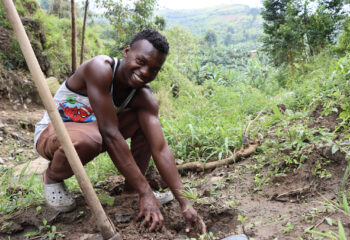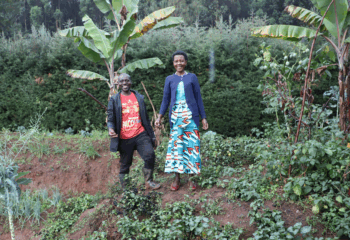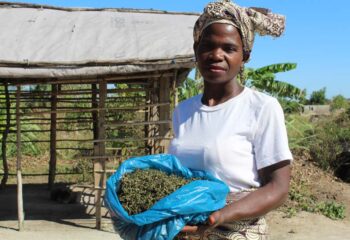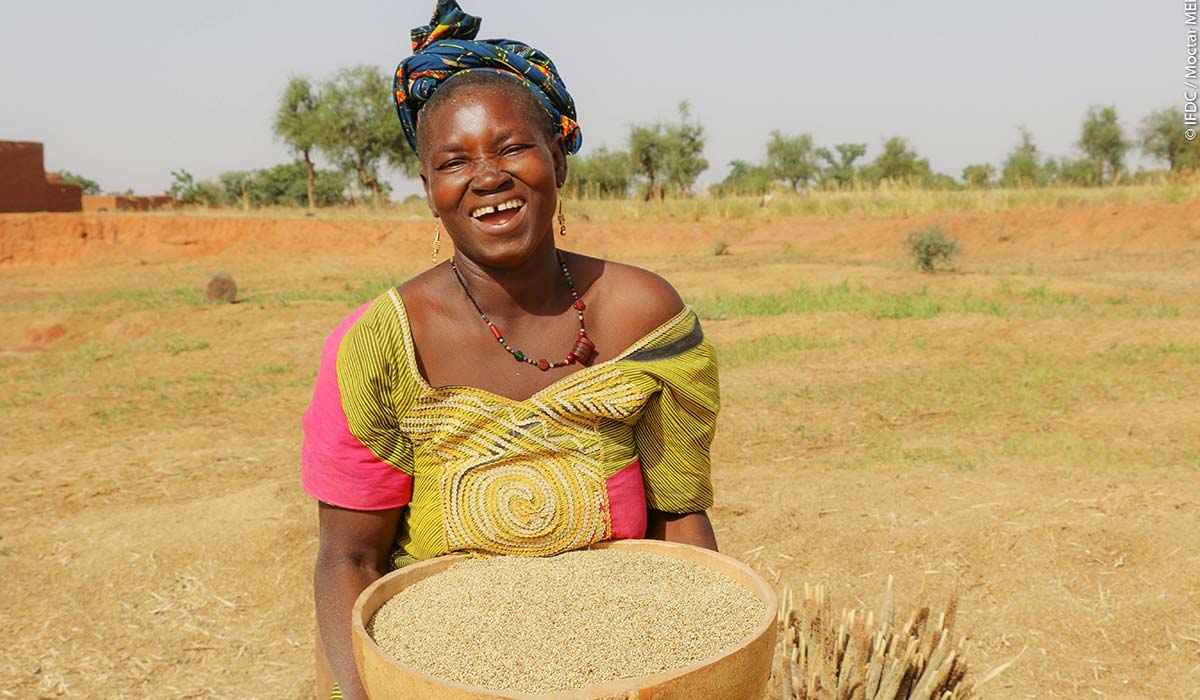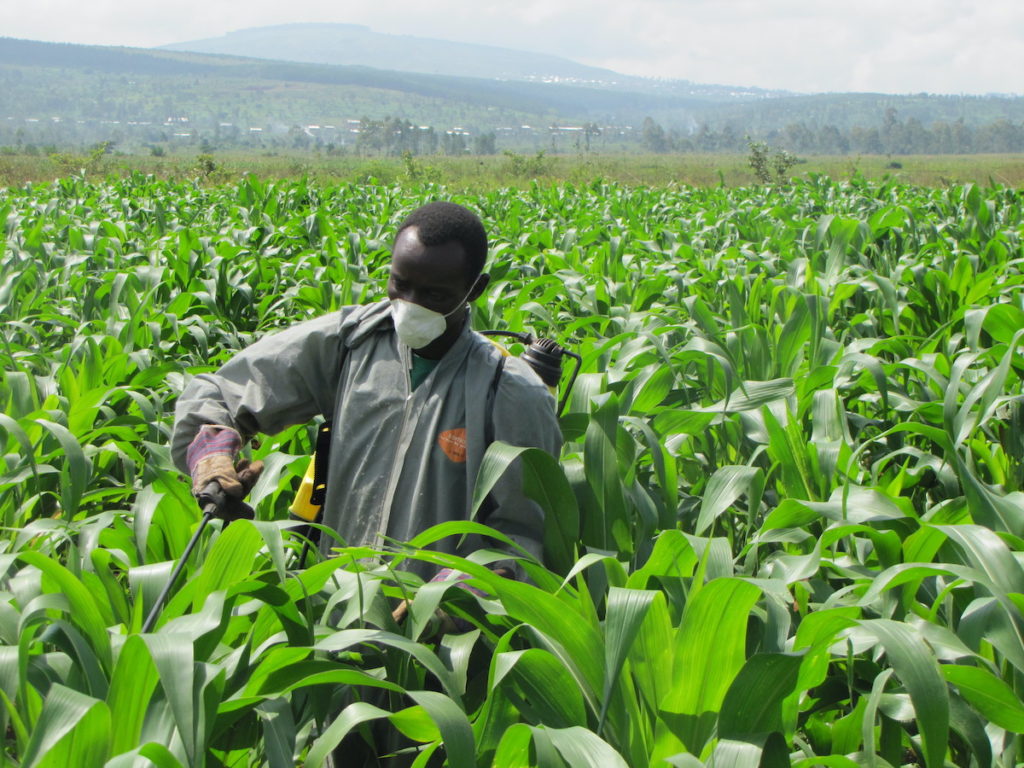
IFDC is implementing the Private Seed Sector Development (PSSD) project, which aims to double production and income for 178,000 agricultural households in Burundi. The project aligns with the 2030 Agenda for Sustainable Development and Sustainable Development Goal 2 – Zero Hunger. High-quality seeds are the basic ingredient of sustainable agricultural intensification. In addition, a well-organized seed sector is essential so that producers have access to different varieties of quality seeds that are adapted to the climatic conditions in the country.
The target crops of the project are maize, potato, beans, and vegetables. Certified seeds for these crops are the most in-demand by small producers and help ensure household food and nutrition security.
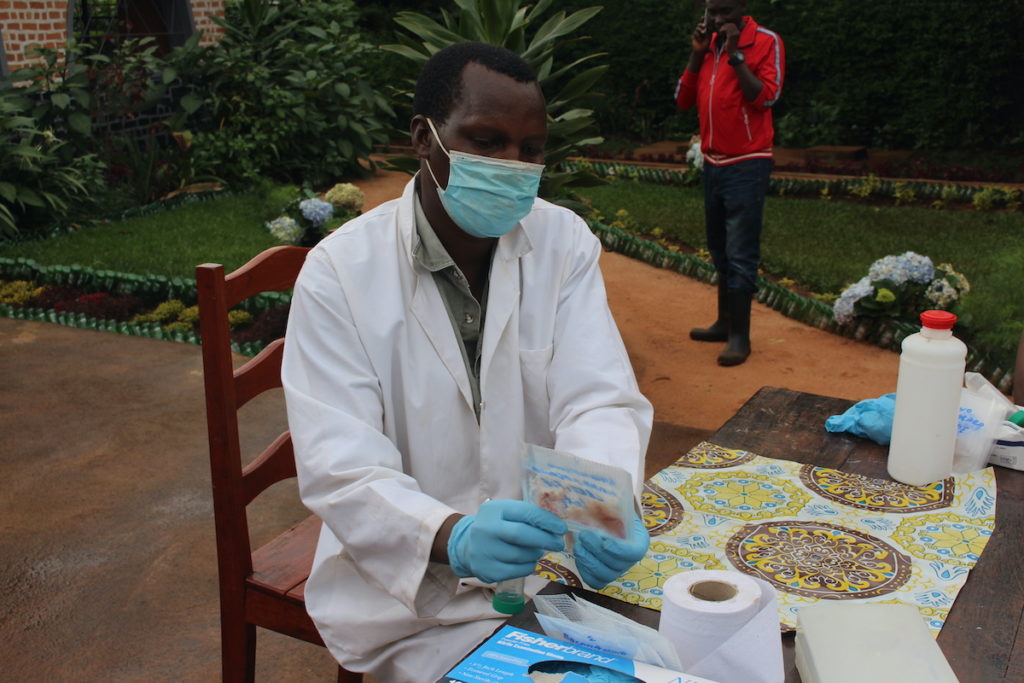
Plant Health
Achieving the objectives of the PSSD project requires the application of appropriate methods for the effective management of harmful organisms, which often cause severe damage to crops. Damage can be observed during all phases of growth as well as during the post-harvest period. Incidences of diseases and pests contribute to a considerable loss in the quantity and quality of the harvest. The intervention strategies implemented by the project and its partners to protect crops against their enemies take place on two levels:
- Ensuring the adoption of good agricultural practices that will reduce the incidence of diseases and pests.
- Providing access to high-performance and adapted short-cycle varieties in the different agroecological zones.
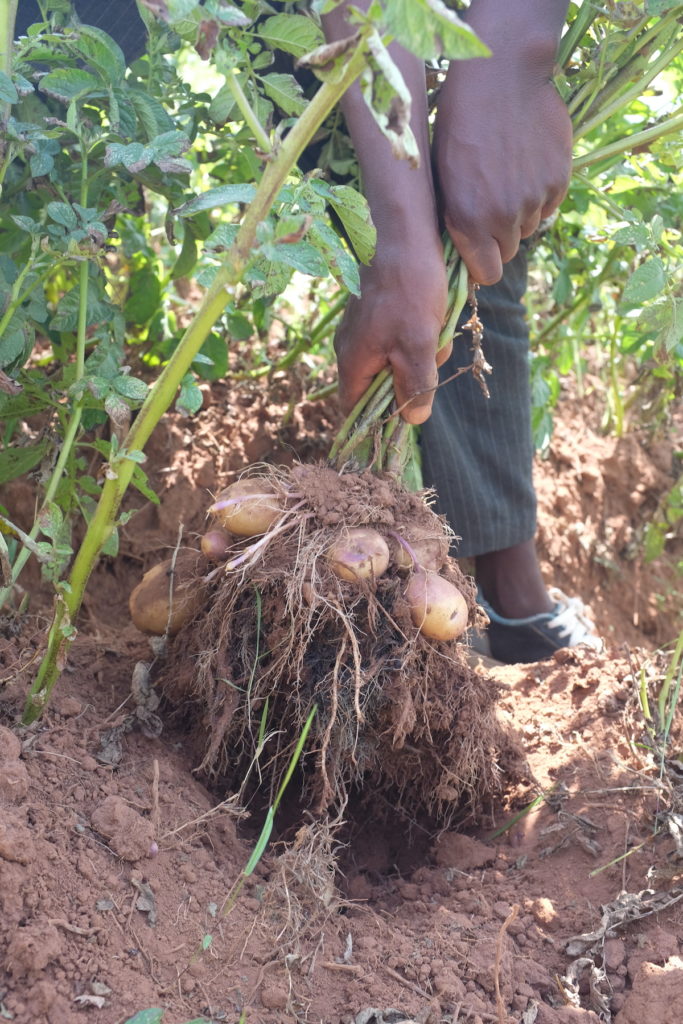
Partners Involved in Preserving Plant Health
Plant protection is a crucial issue in which project partners are involved. Indeed, the stages that lead to the invasion of plants by their enemies are known, and it is possible to avoid their introduction and spread thanks to monitoring strategies adapted to each sector. To achieve this result, PSSD uses strategies to ensure sustainable access to certified seeds and agricultural advisory services. In addition, the PSSD project supports initiatives aimed at improving the business-enabling environment for seed production and sales in Burundi.
In collaboration with public partners, including the Burundian Institute of Agronomic Science (ISABU) and the National Office of Seed Control and Certification (ONCCS), harmful organisms are being detected and monitored with visual examinations, trapping, sampling, and sample analysis.
Raising the awareness of professional seed entrepreneurs supported by the project during various training sessions and coaching sessions makes it possible to collect reports of the suspected presence of these organisms.
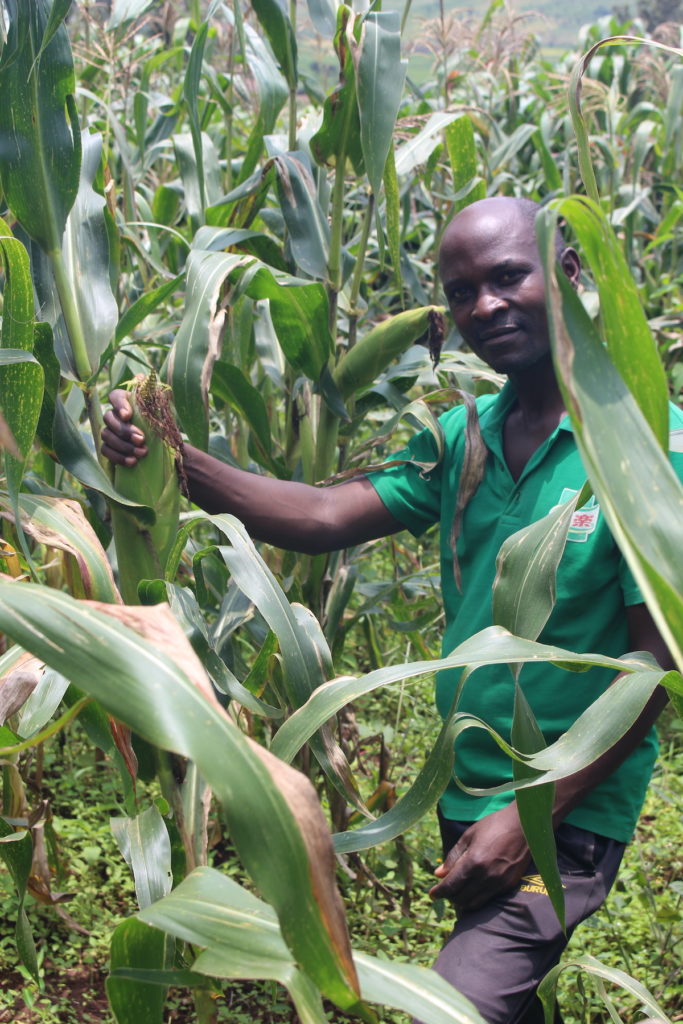
Contribution to Plant Health Surveillance
The PSSD project, in collaboration with its public and private sector partners, contributes enormously to respecting the seed regulations in force, which makes it possible to protect agriculture as well as the environment. In addition, to reduce crop enemies, the seeds produced by seed entrepreneurs are certified and packaged, so they benefit from a plant passport. Suspected crop pests or plants exhibiting symptoms are reported, and attacked plants are either uprooted or isolated from the healthy plants.

